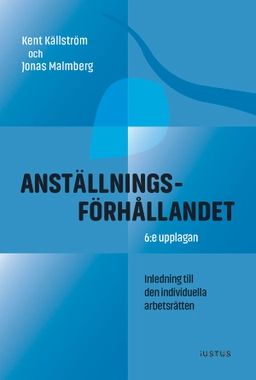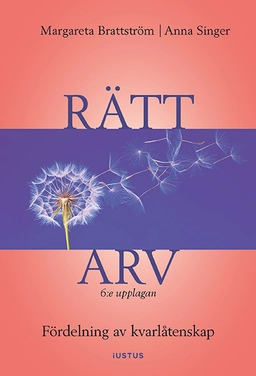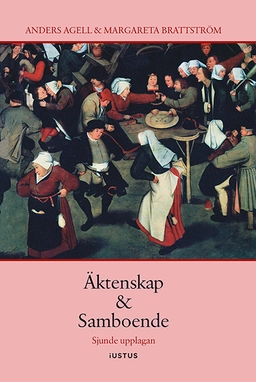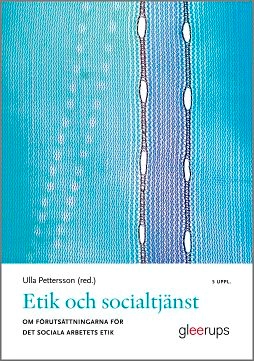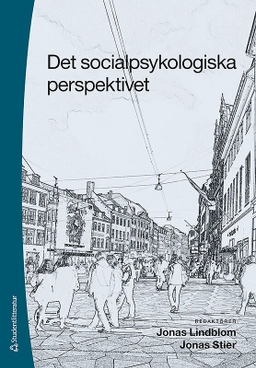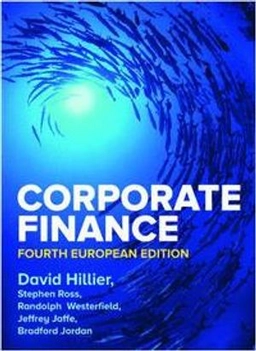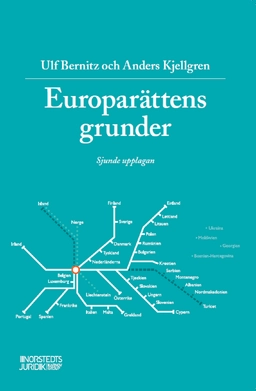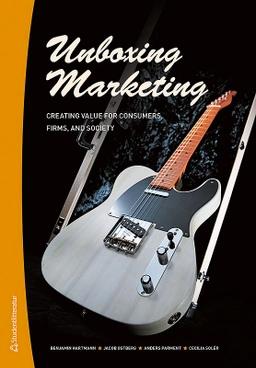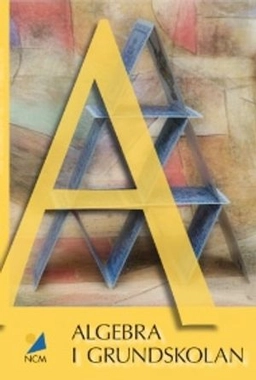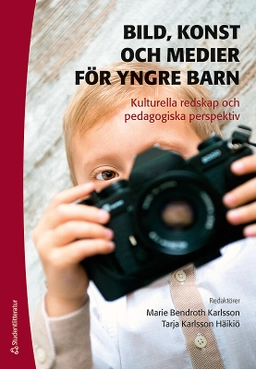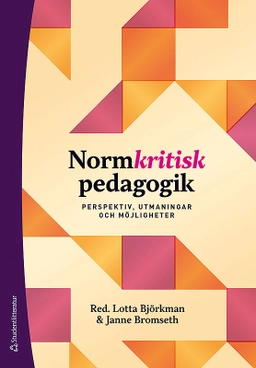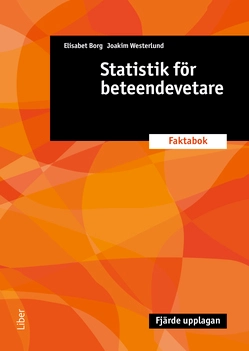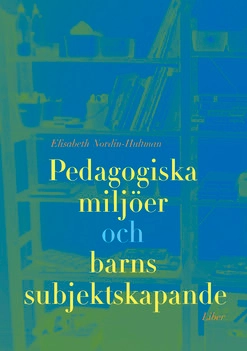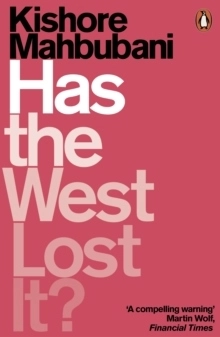

Has the West Lost It?
- Utgiven: 2019
- ISBN: 9780141986531
- Sidor: 105 st
- Förlag: Penguin Books Ltd.
- Format: Häftad
- Språk: Engelska
Om boken
Åtkomstkoder och digitalt tilläggsmaterial garanteras inte med begagnade böcker
Mer om Has the West Lost It? (2019)
I april 2019 släpptes boken Has the West Lost It? skriven av Kishore Mahbubani. Den är skriven på engelska och består av 105 sidor djupgående information om ekonomi. Förlaget bakom boken är Penguin Books Ltd..
Köp boken Has the West Lost It? på Studentapan och spara pengar.
Tillhör kategorierna
Referera till Has the West Lost It?
Harvard
Oxford
APA
Vancouver

